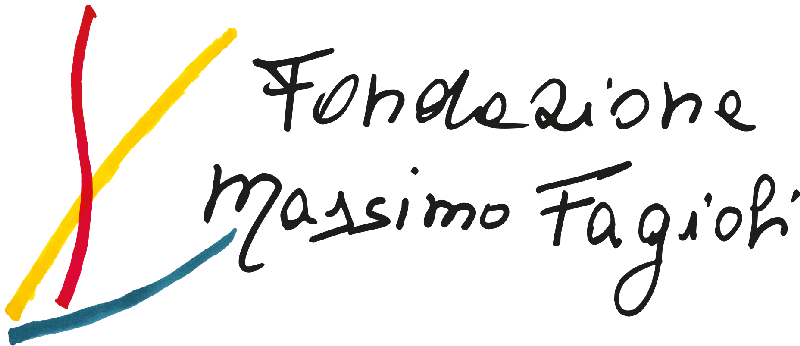The ten-year experience of Dr. Maria De Vinci, a doctor-psychotherapist, based on psychological intervention aimed at adolescents and young people at a public clinic, has highlighted the possibility of treatment in relation to some institutional aspects of the structure itself.
Here are the main features that outline its peculiarity.
– The Counceling Service is free. The gratuitousness of psychotherapy makes young people free: young people can develop their independence from their family of origin since they do not have economic autonomy. If the treatment is free, anyone can afford it. Fundamental concept for teenagers and young people.
– Intervention with minors is particularly significant: the psychotherapist, as a Public Official and operator of a Public Counseling Center, does not have, by law, the obligation to speak with parents / foster adults. This allows us to intervene effectively and promptly even in situations where there is extreme conflict with the families to which they belong.
– Direct access to the Clinic, without the need for a referral and booking, allows young people to promptly contact the Operators to ask for help; the interventions carried out at the onset of symptoms of malaise are essential to prevent more serious pathological disorders.
– Finally, the welcome put in place by the appropriately trained team of the Counseling Center, allows all operators to evaluate in the first instance the possibility of intervention in the transition from listening, and from counseling to real psychotherapy.
Bibliografia
- Fagioli, M.(1972). Istinto di morte e conoscenza. Roma: Nuove Edizioni Romane.
- Fagioli, M.(1974). La marionetta e il burattino. Roma: Nuove Edizioni Romane.
- Fagioli, M.(1975). Teoria della nascita e castrazione umana. Roma: Nuove Edizioni Romane.
- Fagioli, M.(1980). Bambino donna e trasformazione dell’uomo. Roma: Nuove Edizioni Romane.
